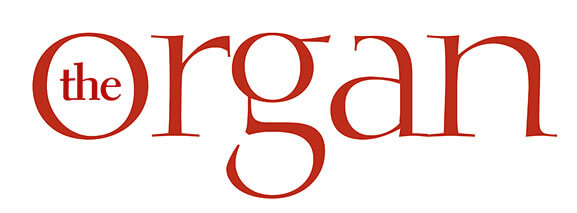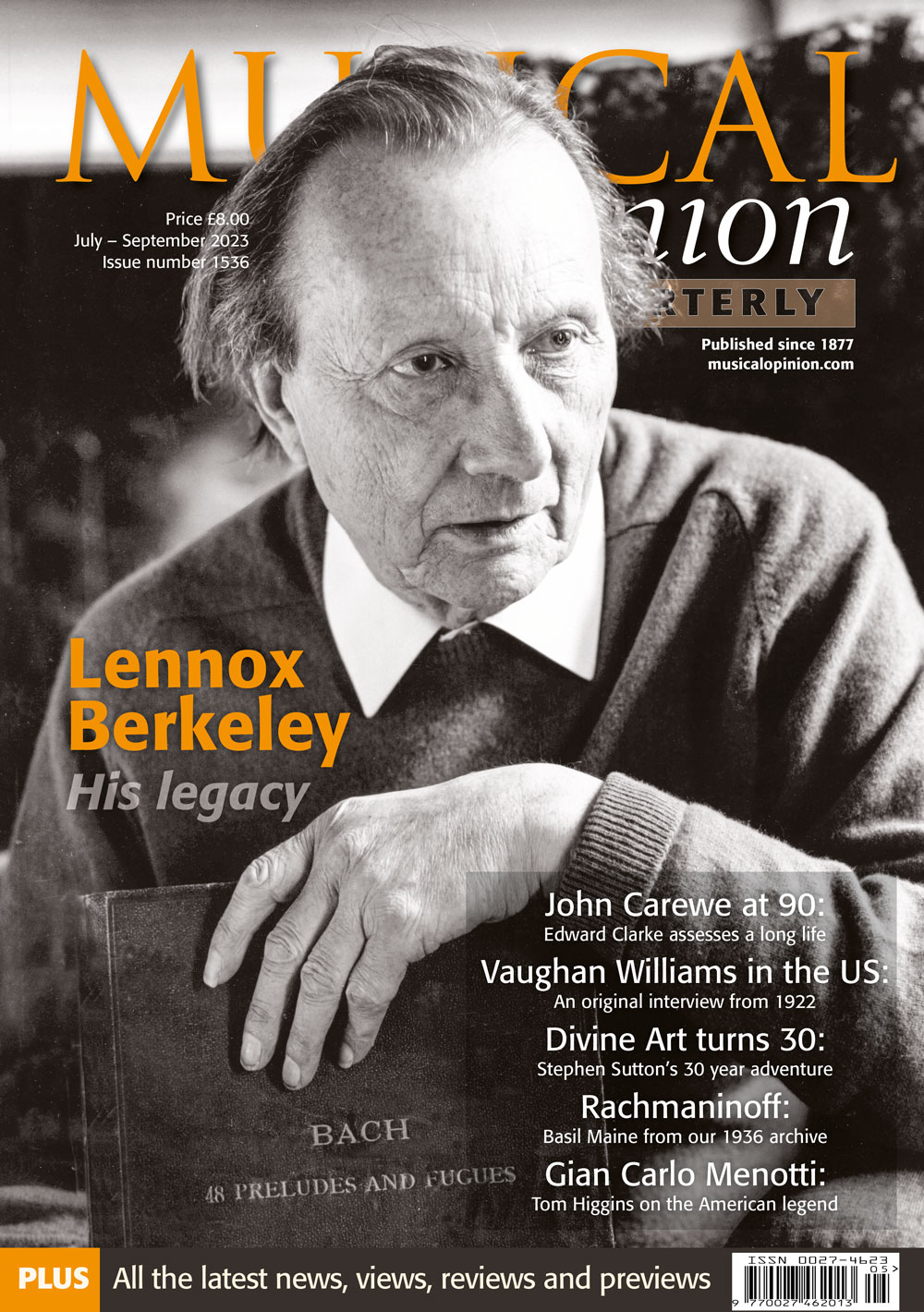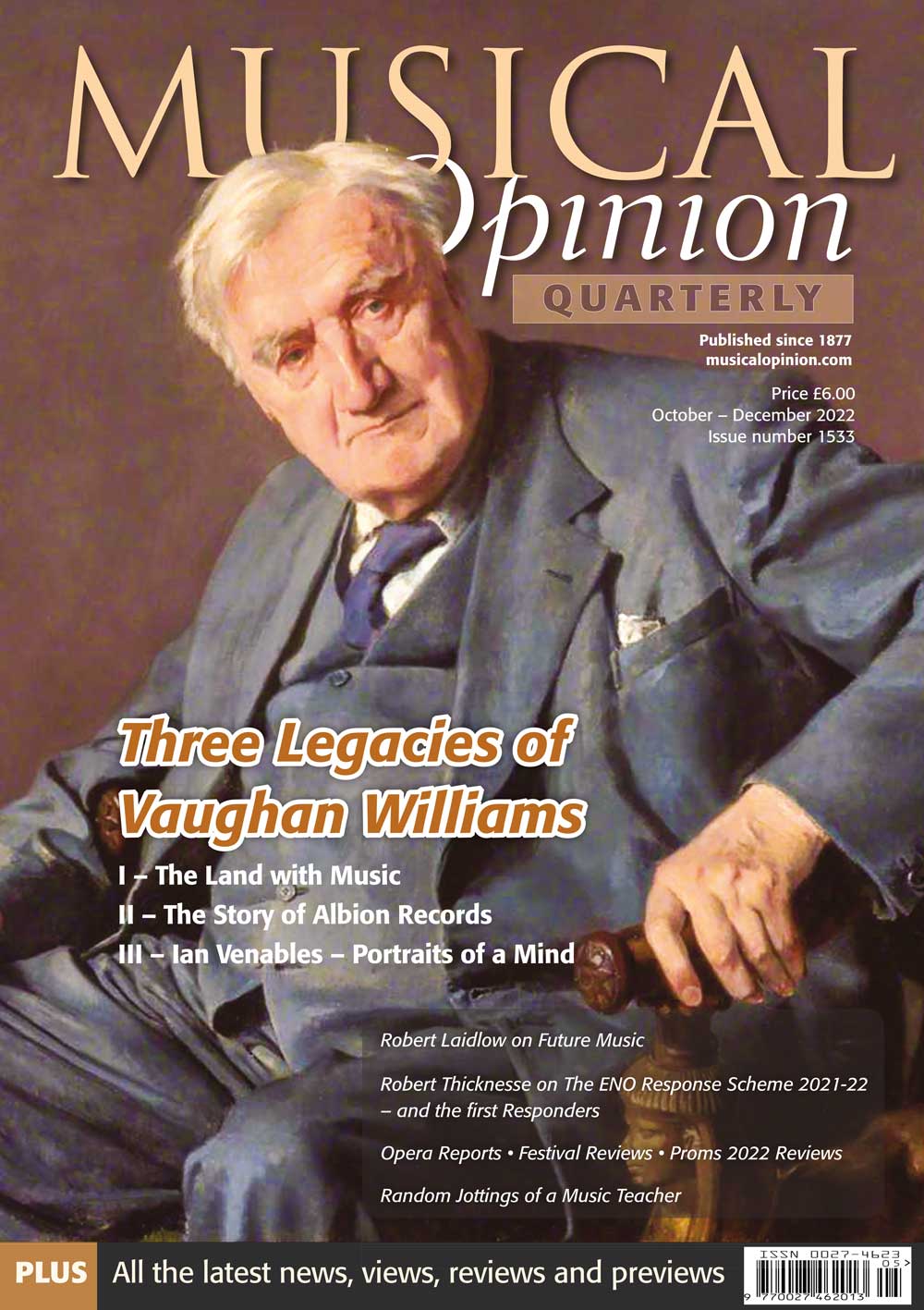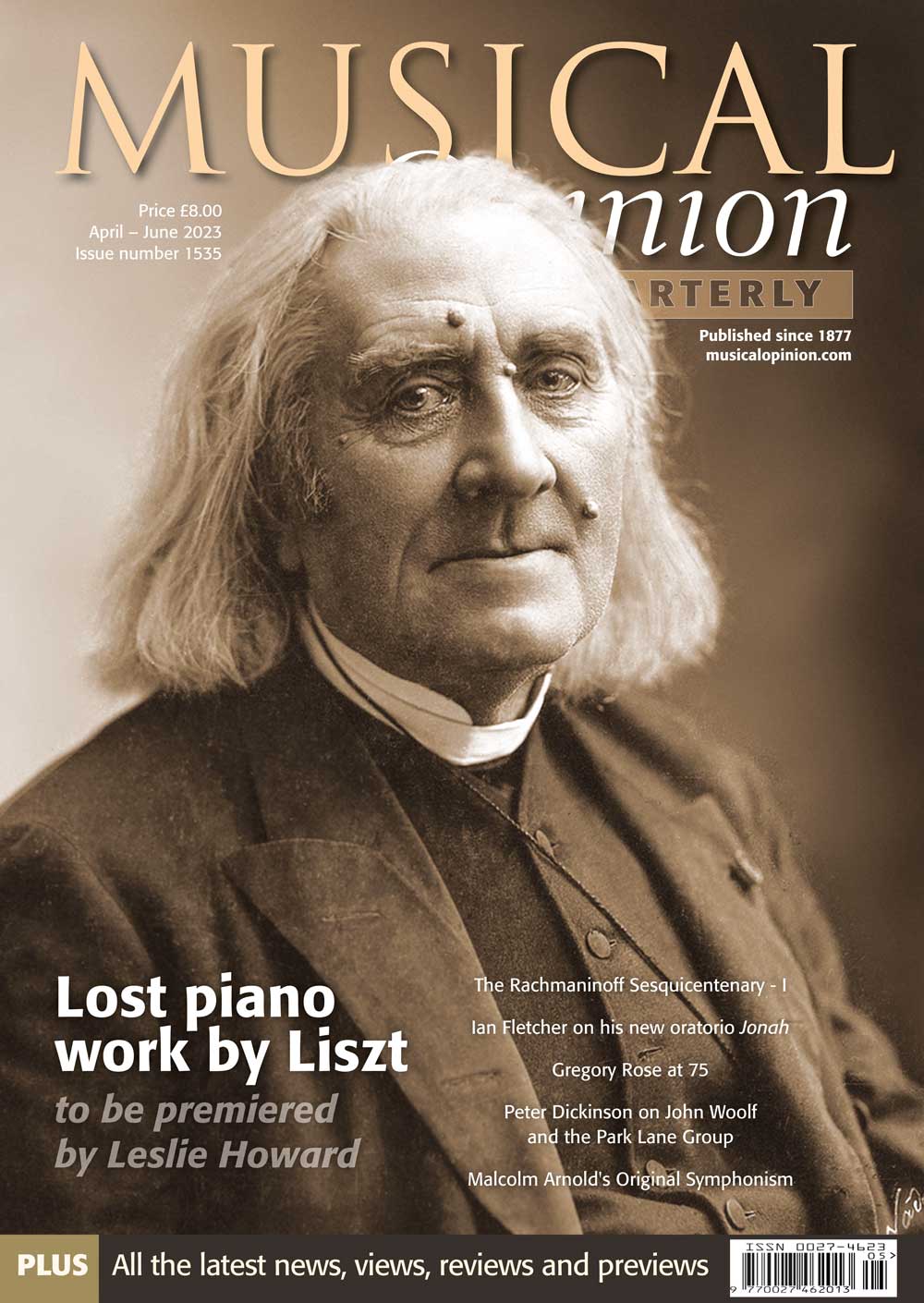Previous Issues
Summer 2024. Issue 409
Suite de Pièces pour Violon et Orgue
Spring 2024. 408
Winter 2024. 407
Autumn 2023. 406
Summer 2023. 405
Spring 2023. 404
Winter 2023. 403
Autumn 2022. 402
Summer 2022. 401
Spring 2021. 400
Winter 2021. 399
Autumn 2021. 398
Whilst staying at A4 size and 56 pages, the magazine has been completely redesigned with different fonts (more easy to read), bigger photopgraphs, more focus on things like specifications and more CD reviews of organ repertoire.
Summer 2021. 397
Winter 2021. 395
Spring 2021. 396
Autumn 2020. 394
Summer 2020. 393
Winter 2019. 390
Autumn 2019. 389
Explore By Topic
Spring 2020. 392
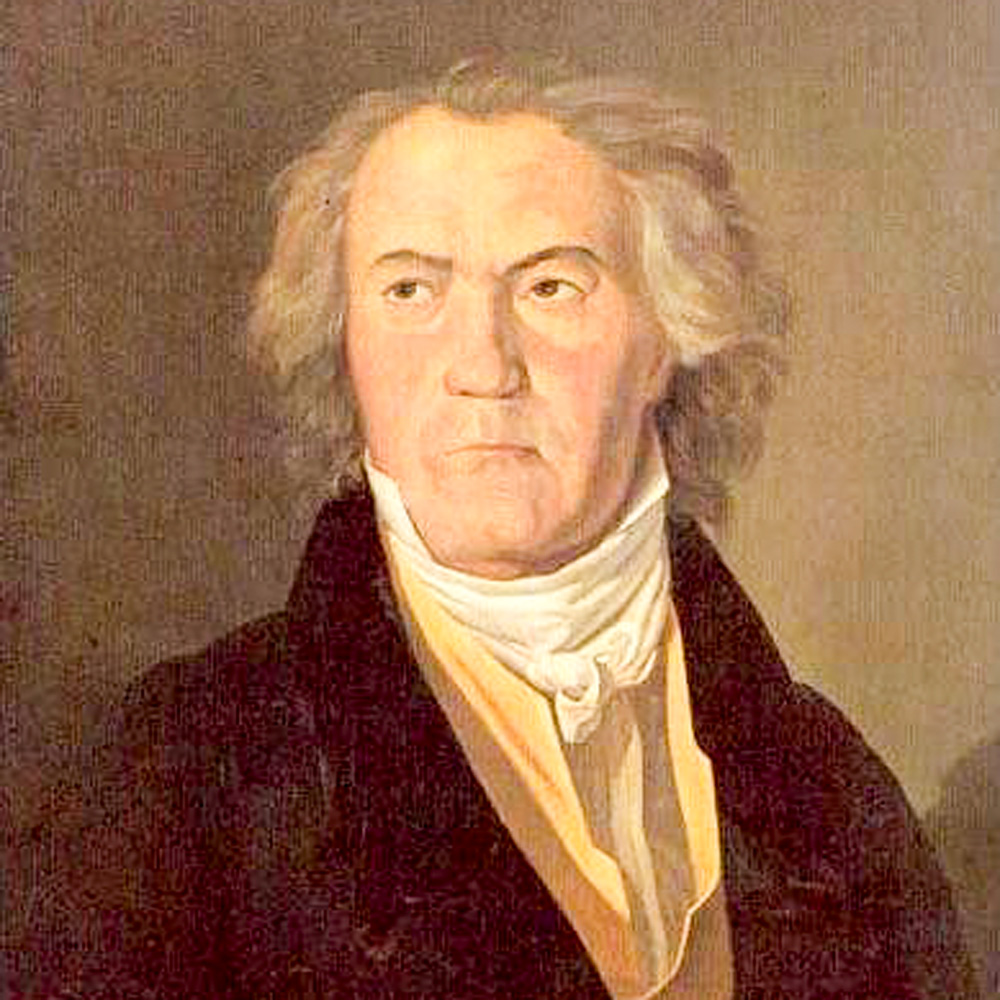
Transcribing The Nine
Thomas Heywood
Thomas Heywood is the first artist to transcribe, record and perform the Beethoven’s Nine Symphonies for Concert Organ solo. A particularly large subject so a particularly large feature in The Organ.
As the love of Beethoven’s music and fascination with his life is such an integral part of my own musical experience, it would be hard to say exactly when the idea first came to me to transcribe The Nine: Beethoven’s nine symphonies – the ‘cornerstones of Western civilisation’, for concert organ solo.
As the idea crystallised in my mind in 2000, the main factors were:
- The wide societal influence of Beethoven’s music
- That Beethoven was an organist and stated that organists are the greatest of all virtuosos
- The concert organ tradition
- Concert organ repertoire from the mid-19th century to the Second World War
- That no past organist transcribers had undertaken a complete transcription of The Nine
- First-hand experience in seeing how audiences reacted to concert organ repertoire
- Bringing the pipe organ to a large modern-day audience
- The art of transcribing for the organ
- Concert organ performance and design including the Melbourne Town Hall Grand Organ
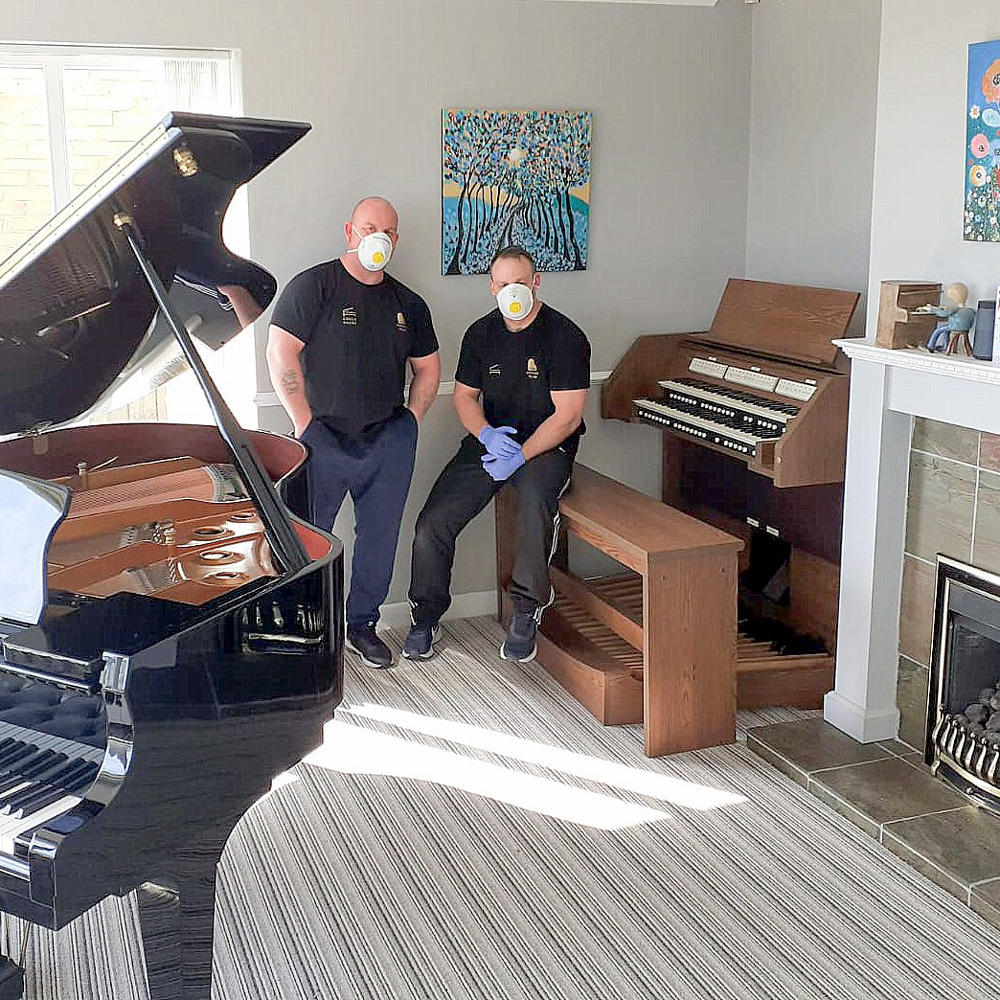
Our very last delivery prior to the lockdown
An extremely versatile instrument whether it be a residence, a school or a house of worship. This is a perfect choice and represents exceptional value with an extensive list of features at a very reassuring price point.
One of our very latest sampled sound instruments which focus heavily on tonal integrity and balance. There are 4 separately voiced organs. English, Baroque, Symphonic and Romantic. 61 note tracker touch keyboards which are velocity sensitive for midi and orchestral voices. Also featuring 31 classic organ voices plus 3 orchestral voices. There is an on board solid state recording system with USB interface.
An easy-to-use record and playback system, with USB storage for registration data and recorded performances this facilities easy playback of your performance. In addition, you can easily upgrade the instrument with additional voices, new features and operating systems as they are released
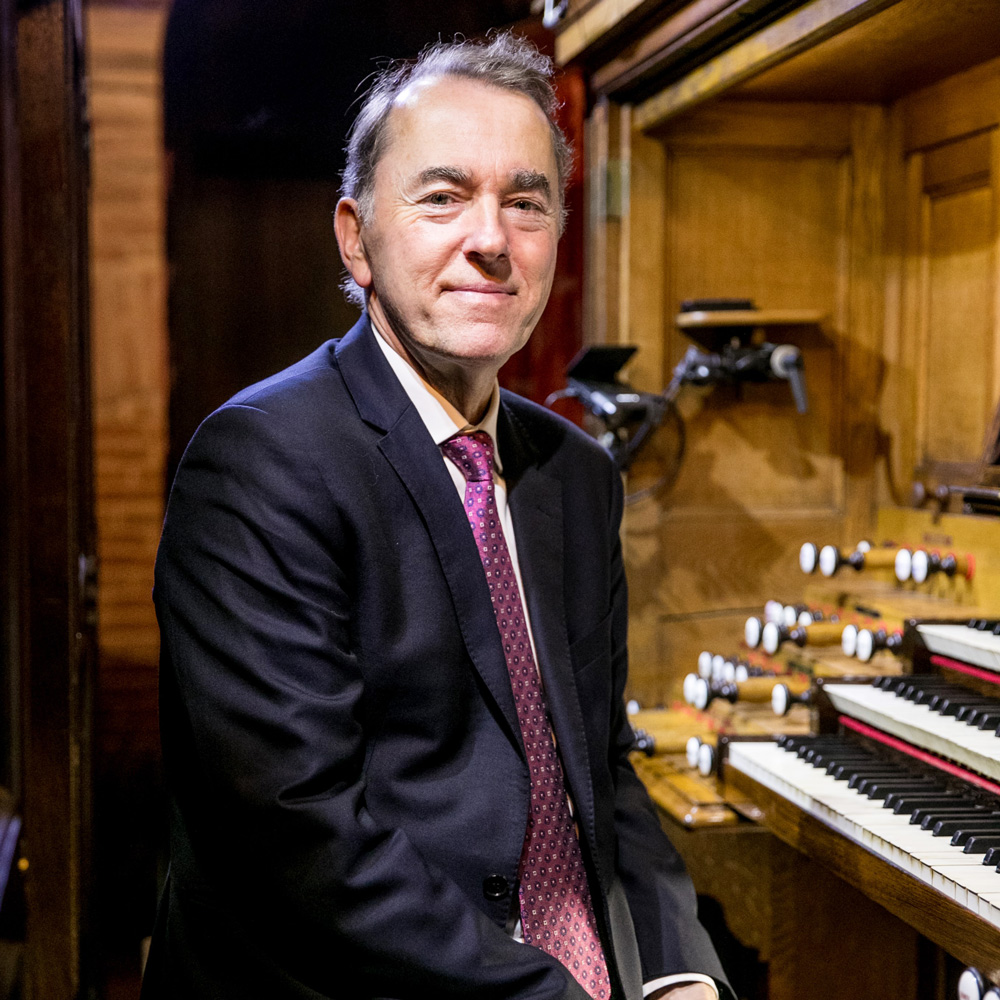
A Right Royal 800th – Thomas Trotter at Birmingham’s Symphony Hall: February 10th, 2020
Christopher Morley
Only seven people have been in the Birmingham City Organist saddle since 1834, and Thomas Trotter, the current occupant, has been in the loft since 1983, overtaking in longevity all his predecessors (even the great Sir George Thalben-Ball) bar one — James Stimpson, who presided for 44 years.
Given the very young age at which Trotter was appointed, I anticipate (and hope to be there at) an event in 2027 which marks his overtaking even this milestone. Meanwhile, this present recital was a joyous affair, Trotter’s 800th in his role, attended both by royalty – HRH The Duke of Kent – and a multitude of schoolchildren, a recital which was presented by the organist with both modesty and élan to a warmly appreciative audience.
The recital was dedicated to the memory of Tom Caulcott, Chief Executive of the City of Birmingham during the years in which the International Convention Centre housing Symphony Hall was conceived, and who indeed had had the casting vote in the appointment of Thomas Trotter as City Organist. A tribute to Tom Caulcott was but one feature of the sumptuous and treasurable programme-book.
